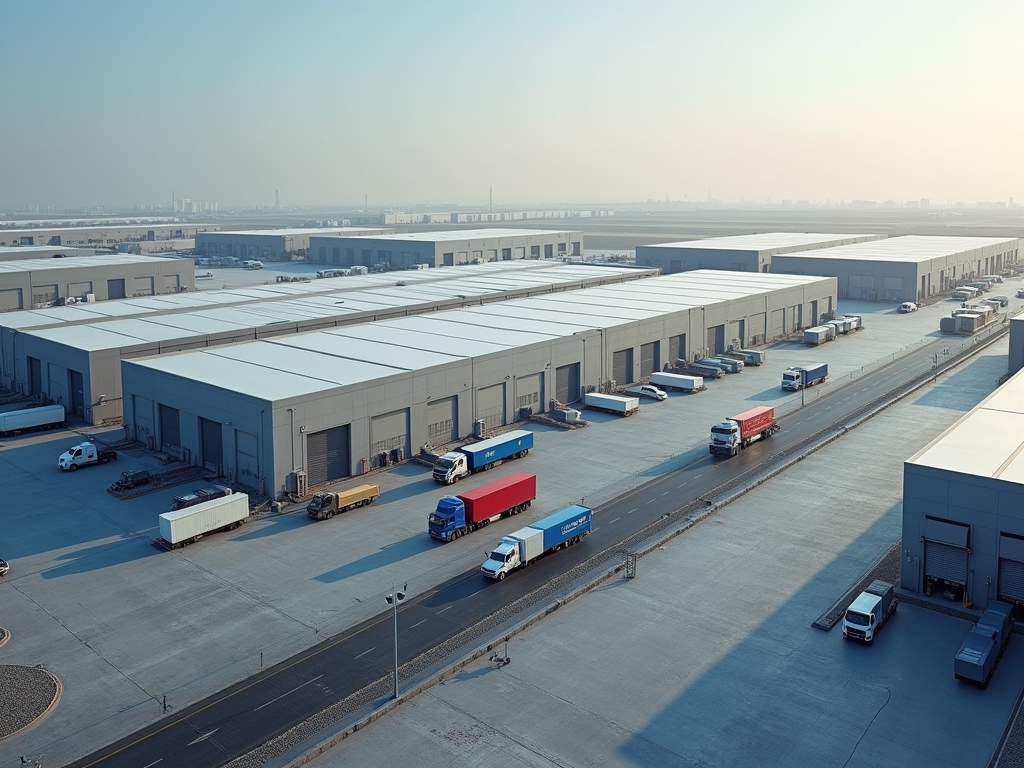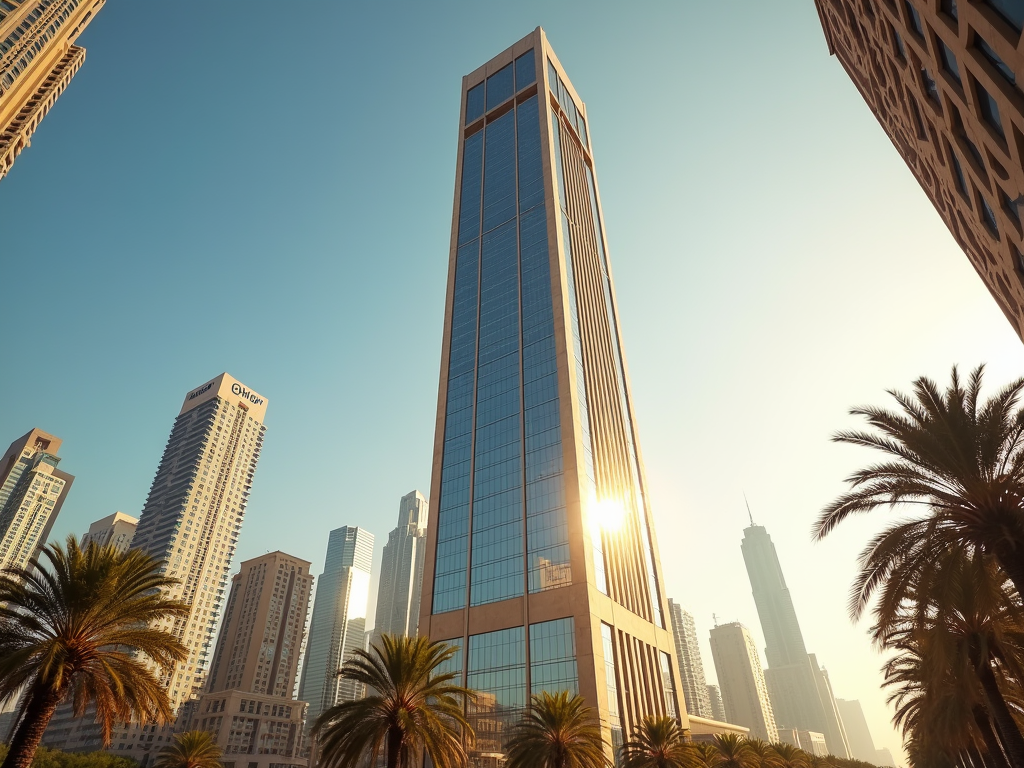Dubai’s real estate market is a thriving hub for commercial investors, known for its high returns and diverse opportunities. With its strategic location, robust infrastructure, and dynamic economy, the city has become a magnet for investors looking to capitalize on the booming commercial real estate sector. From luxurious office spaces to innovative retail environments and vast industrial zones, Dubai offers a rich landscape for those eager to invest in commercial properties. The goal of this article is to provide an in-depth overview of the various aspects of Dubai’s commercial real estate market, highlighting the benefits, investment opportunities, and factors influencing growth.
An Overview of Dubai’s Commercial Real Estate Landscape

Dubai’s commercial real estate market is characterized by its competitiveness and constant innovation, making it unique compared to other global markets. Key sectors include office spaces, retail shops, and warehouses, each catering to different business needs. Investors will find a plethora of options, from prime properties in bustling commercial zones to emerging areas with growth potential. The market is supported by a robust legal framework, foreign ownership laws, and excellent infrastructure, making it an appealing destination for international investors. Notably, the Expo 2020 (held in 2021 due to the pandemic) has further enhanced the city’s global appeal, driving demand across various commercial sectors. Thus, understanding the overall landscape is paramount for making informed investment decisions.
Investment Opportunities in Dubai’s Commercial Real Estate

In Dubai, commercial real estate offers various investment opportunities with high potential returns. Here are the primary sectors where investors can explore options:
- Office Spaces: With the influx of multinational companies, there is a substantial demand for prime office locations. Areas like Dubai Marina and Downtown Dubai continue to attract businesses.
- Retail Properties: Shopping malls and retail outlets witness high foot traffic. New developments and upcoming malls enhance investment prospects in this category.
- Industrial Properties: The increasing logistics and warehousing needs fueled by e-commerce growth present lucrative investment possibilities in industrial zones.
- Mixed-use Developments: These properties combine residential, commercial, and leisure spaces, offering diverse investment potential and appealing to a broader audience.
- Hospitality Sector: With Dubai being a tourist hotspot, investing in hotels and serviced apartments can yield significant returns for investors.
Factors Influencing Dubai’s Commercial Real Estate Market
Several factors play critical roles in shaping the commercial real estate market in Dubai. Understanding these can help investors make strategic decisions:
- Economic Growth: Dubai’s economy is diverse and continuously growing, driven by trade, tourism, and finance, providing a stable environment for investment.
- Government Initiatives: The government regularly introduces policies to promote foreign investment and ease business operations, bolstering the market’s appeal.
- Infrastructure Development: Significant investment in roads, transport, and utility services enhances connectivity and accessibility, directly impacting property values.
- Global Events: International events like Expo 2020 elevate Dubai’s visibility, creating a ripple effect in demand for commercial real estate.
- Regulatory Environment: A transparent regulatory framework protects investor rights and encourages foreign ownership, making it easier to enter the market.
For foreign investors eyeing Dubai’s commercial real estate market, several considerations can aid in a successful investment journey:
- Legal Framework: Familiarize yourself with property laws, especially regarding foreign ownership and leasing agreements.
- Market Research: Conduct thorough market analyses to understand trends, demands, and potential risks before investment.
- Financial Planning: Develop a financial strategy outlining budget, financing options, and expected returns on investment.
- Property Management: Consider hiring professional property management services to handle leasing, maintenance, and tenant relations effectively.
- Networking: Build connections with local real estate professionals, investors, and government agencies to stay informed about market changes.
Conclusion
Dubai’s commercial real estate market stands out as an ideal destination for investors seeking high returns and diverse opportunities. The city’s continuous growth, backed by government support and infrastructural advancement, makes it ripe for investment. Through a careful exploration of the various sectors, understanding the influencing factors, and adhering to strategic investment practices, investors can harness the vibrant potential of this market. Ultimately, thorough research and informed decision-making will pave the way for successful commercial real estate ventures in Dubai.
Frequently Asked Questions
1. Is foreign investment allowed in Dubai’s commercial real estate?
Yes, foreign investors are allowed to own commercial properties in designated areas. Regulations vary, so it’s vital to consult local laws.
2. What are the main sectors for commercial investment in Dubai?
The main sectors include office spaces, retail properties, industrial properties, mixed-use developments, and the hospitality sector.
3. How can I ensure a profitable investment in Dubai’s real estate?
Conduct thorough market research, understand local laws, and consider getting professional advice from real estate agents or consultants.
4. What types of properties can foreign investors acquire in Dubai?
Foreign investors can acquire various property types, including commercial, residential, and mixed-use projects in freehold areas.
5. What role do government initiatives play in the market?
Government initiatives promote foreign investment and develop infrastructure, creating a conducive environment for investors, influencing property values favorably.
